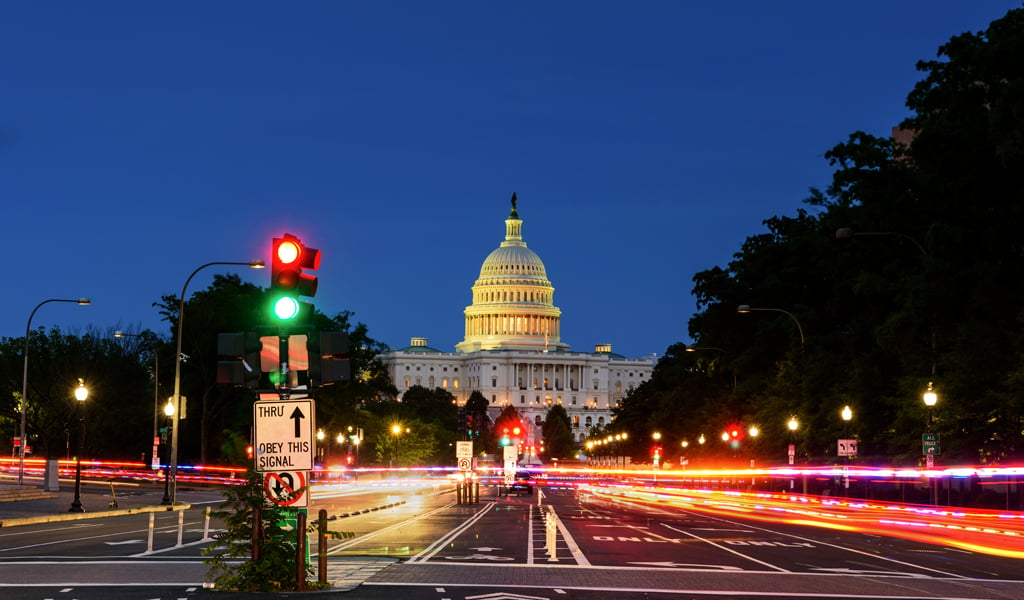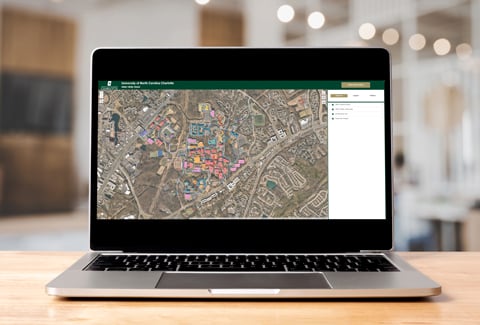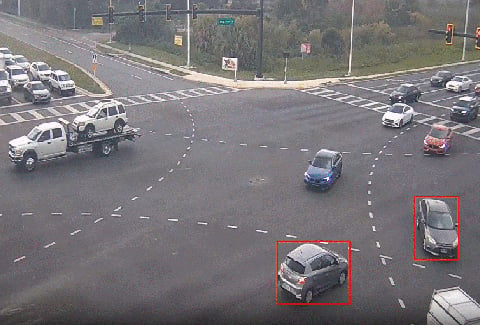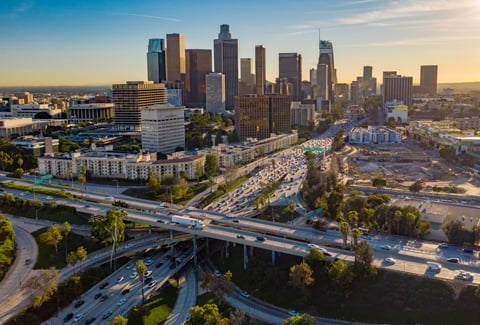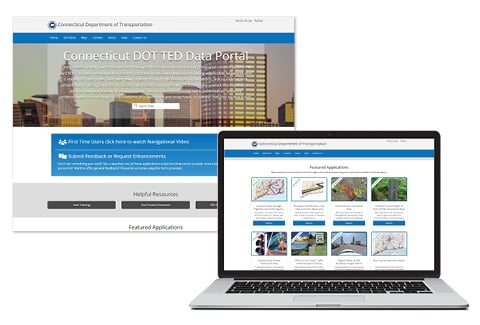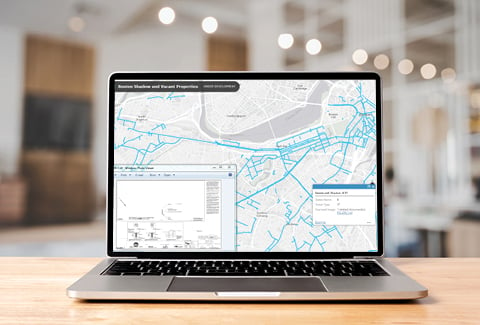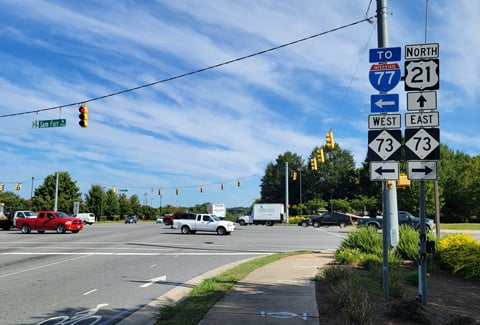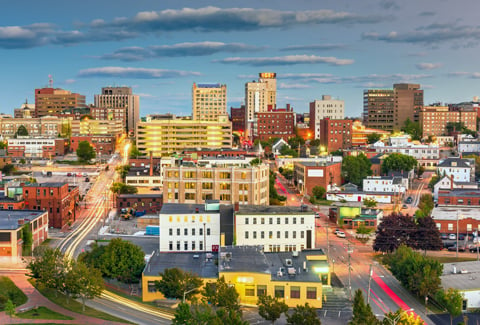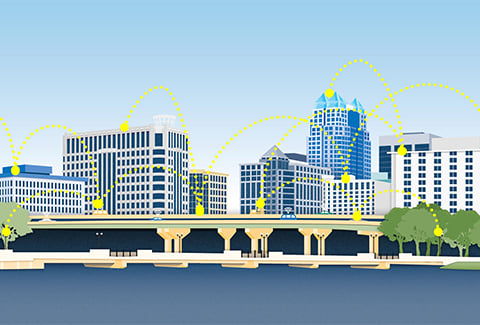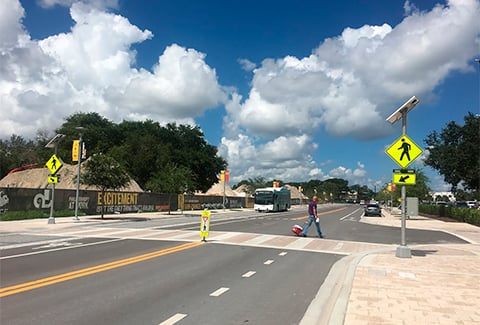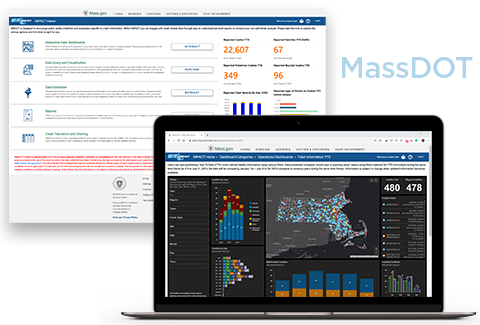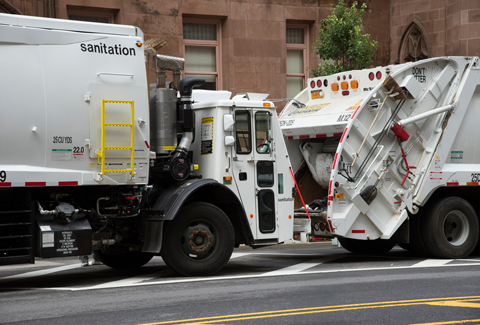The nation’s capital embarked on a historic opportunity to update more than 75,000 streetlights to smart, more efficient LED technology. As one of the largest urban streetlight modernization projects in the country, the District Department of Transportation (DDOT) engaged in a Public Private Partnership (P3) to advance the design, construction, installation, and management of the street light network. The P3 is a consortium of firms that includes VHB, Plenary Infrastructure DC, ENGIE North America, Inc., Equans, Phoenix Infrastructure Group Investments, Indigo Mid-Atlantic, TB&A, Kiewit Development Company, Dynamic Concepts Inc., and Fort Myer Construction.
VHB’s is preparing the traffic, pedestrian, and bicycle plans for the construction phase of the streetlight replacement and rehabilitation work. VHB is also managing the authoritative streetlight database that tracks all replacement and rehabilitation work in real-time as work is completed. To manage the database, VHB developed a Construction Management System (CMS), which is an interactive web-based GIS platform that manages all the field activities (scheduling, generating material lists, locating lights in the field) associated with replacement and rehabilitation construction work; monitors and tracks progress in real-time using operational dashboards; and generates QA/QC reports.
Additionally, the CMS is designed to share and integrate data in real-time with the District’s Asset Management Information System (AMIS) and the Remote Monitoring and Control System (RMCS). When a streetlight is out, the new system will send an automated notice and generate a work order so that a repair crew can mobilize with the equipment needed for the repair. The system includes a mobile app for repair crews in the field to easily pinpoint the streetlight location. By leveraging data-informed solutions, the location and technical requirements for each streetlight are readily accessible, allowing crews to mobilize quickly.
Implementation of the remotely monitored and controlled smart streetlight technology will result in a more sustainable and energy efficient streetlight system and a more reliable streetlight network for residents of Washington, DC. The new system will save energy, reduce greenhouse gas emissions, improve response times to outages, enhance neighborhood safety and visibility after dark, reduce light pollution in residential areas, and save long-term maintenance costs through repair effort efficiencies.

